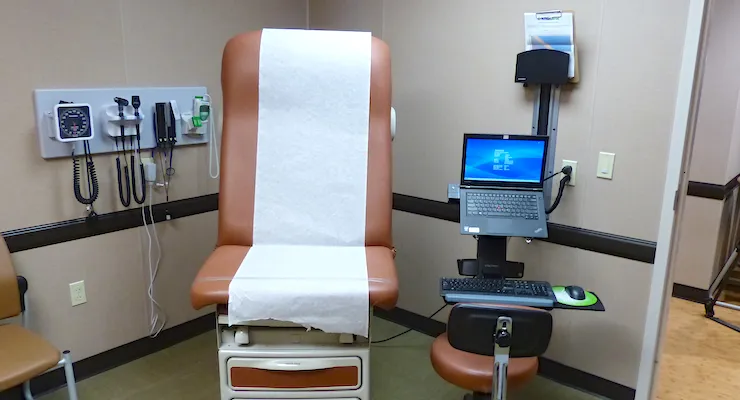Cost is weighing heavily on the minds of consumers about not just how and where to get health care, but also whether to get it at all.
In a survey of 1,000 U.S. households, health care market researcher Professional Research Consultants (PRC) found that almost one in four people have chosen not to receive medical care because of the cost.
PRC’s annual National Consumer Study sought to better understand how consumers are making health care decisions and forming perceptions about hospitals and services.
Price shopping is a rising trend, PRC noted. Of consumers polled, 13% said they are price shopping and that cost impacts their choice of service.
“This year’s results show that more and more, people are cost-conscious, even going so far as to avoid medical treatment due to concerns over price,” according to Keith Schneider, director of consumer and brand studies for PRC.
Increasingly, consumers are relying on third parties — whether friends, family or the Internet — to research and make health care decisions, PRC’s study found. Of respondents, 87% said they use the Internet to research a diagnosis or condition, and 34% reported that they still get most of their health care information from friends and relatives.
Meanwhile, brand loyalty has waned in the health care marketplace, as shown by the proliferation and increased consumer acceptance of retail health clinics and other quick-care clinics, according to PRC. Seventeen percent of consumers said they use clinics located in Walgreens, Walmart, CVS or grocery stores to meet their health care needs.
Also, health care advertising awareness has risen to 64%, yet having a preferred hospital is on the decline — 73% this year versus 83% in 2012.
“Consumers are turning to the Internet to research symptoms, seek diagnoses and review quality ratings, and they’re price shopping more,” Schneider added. “Hospitals need to understand these shifting consumer behaviors if they want to stand out among the noise and differentiate themselves from rising retail competition.”









